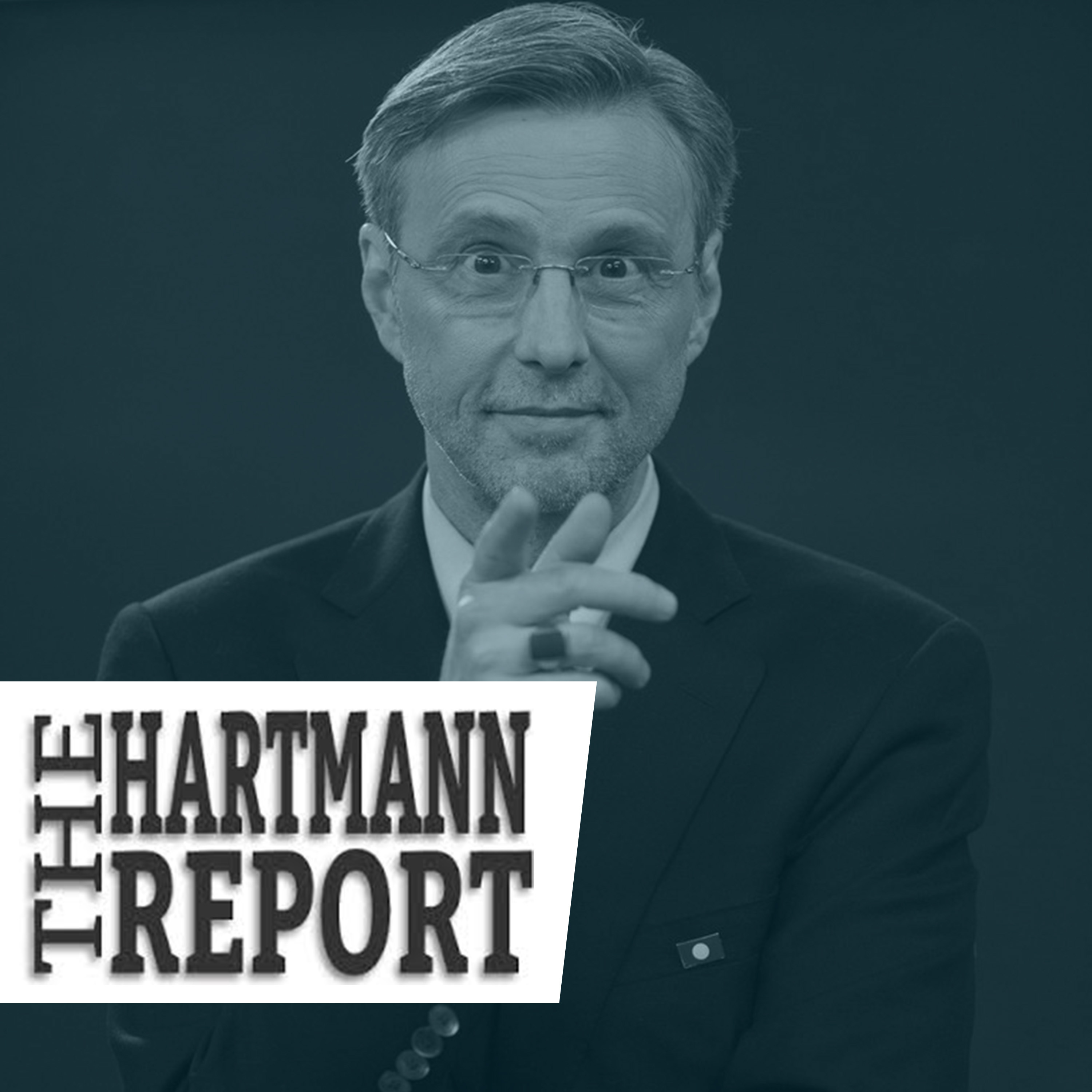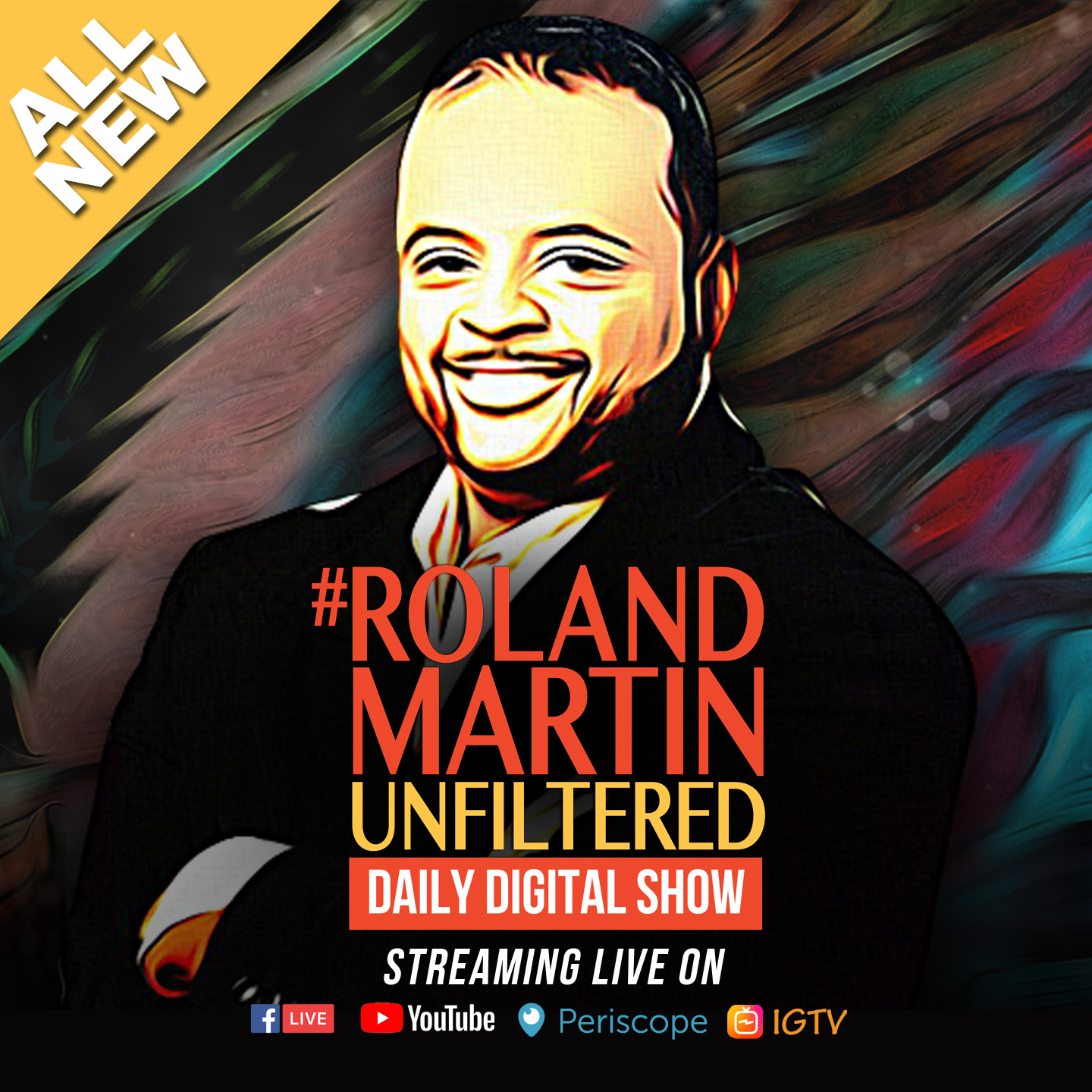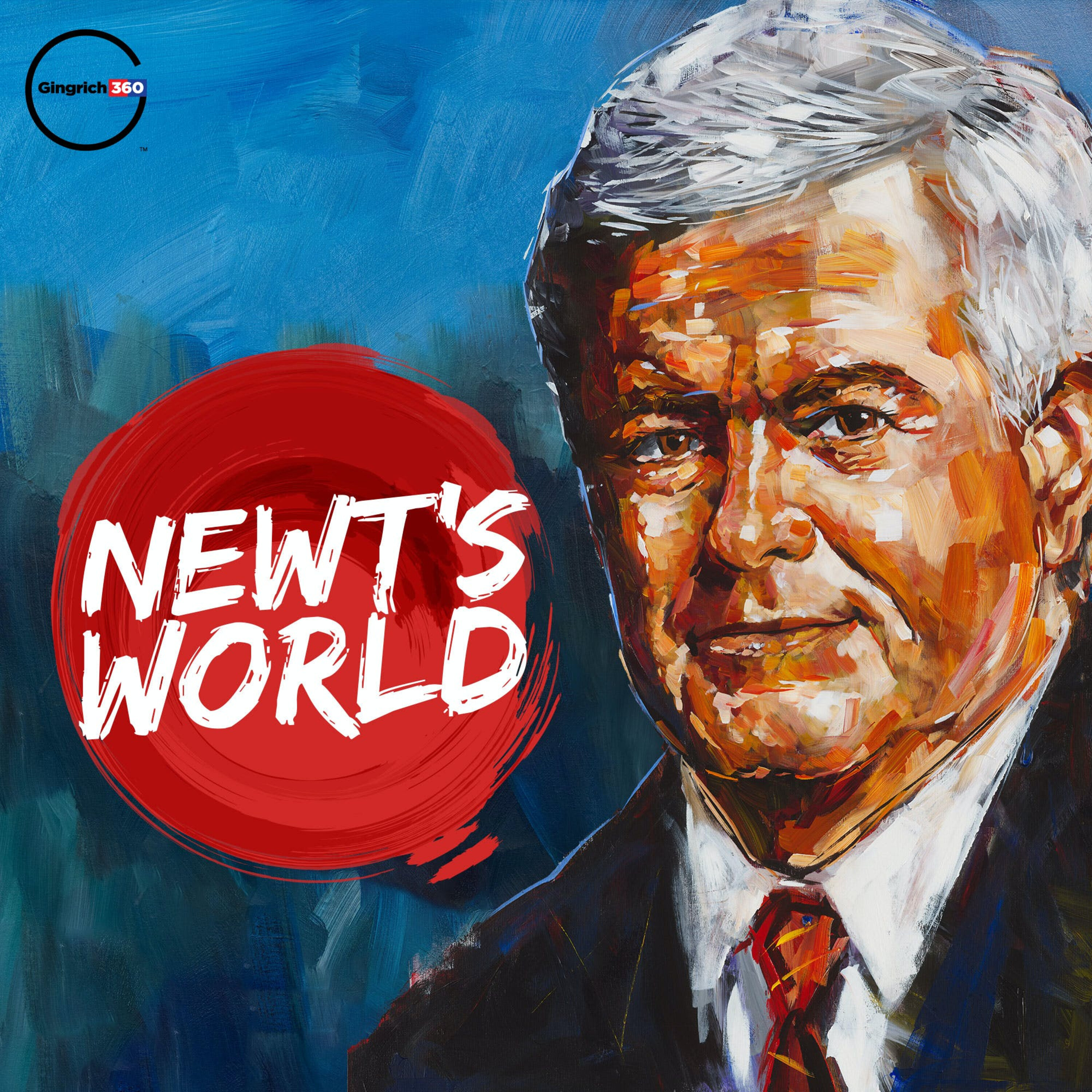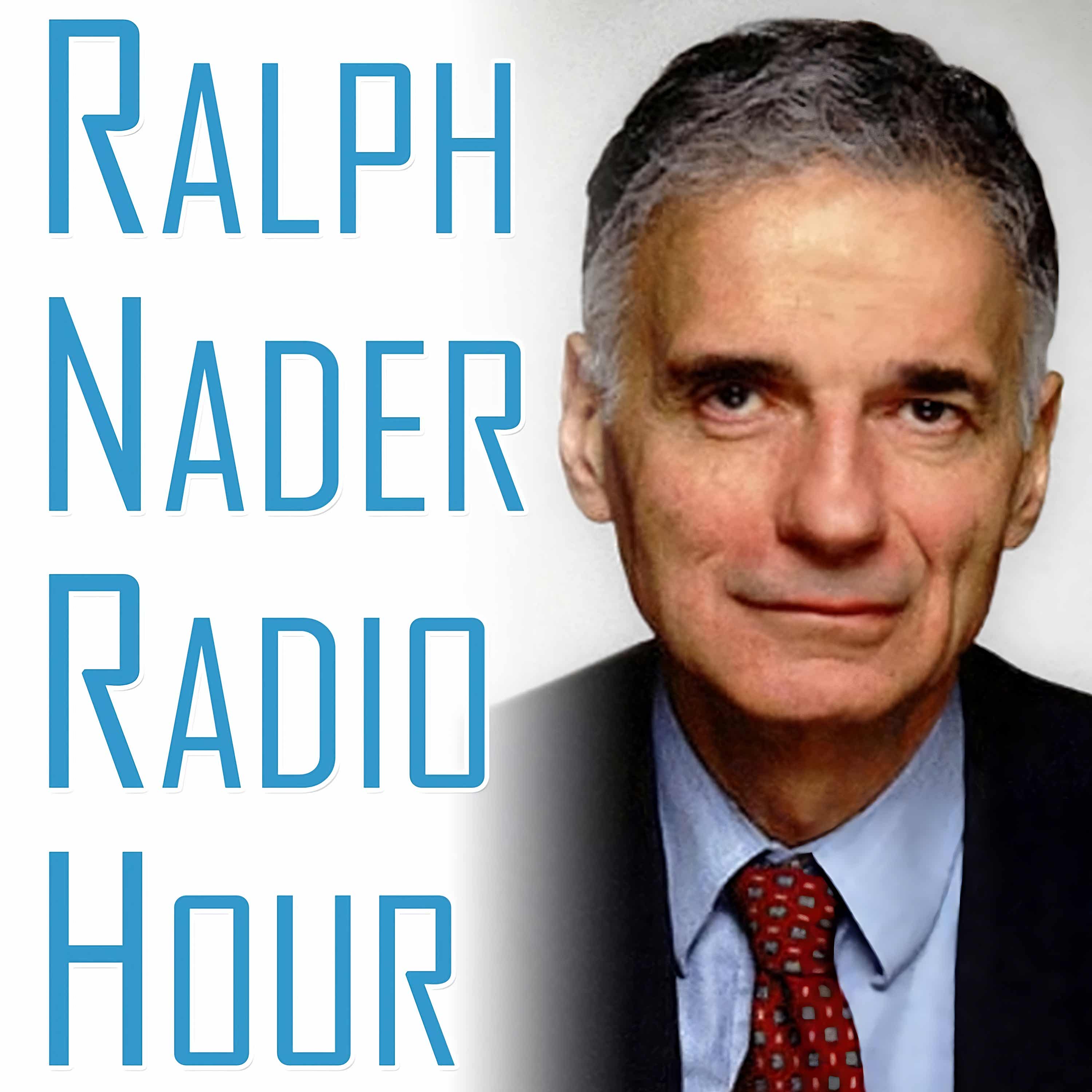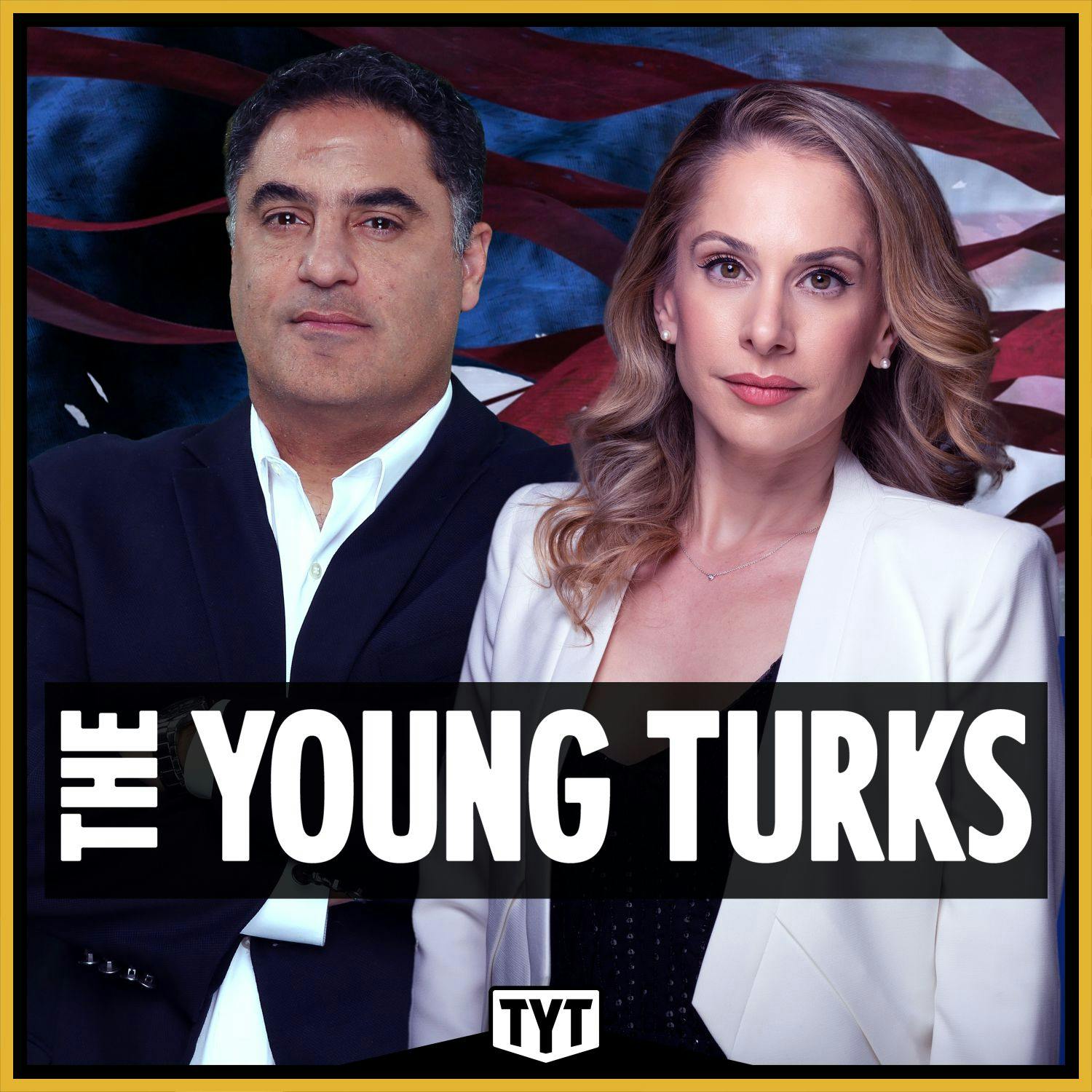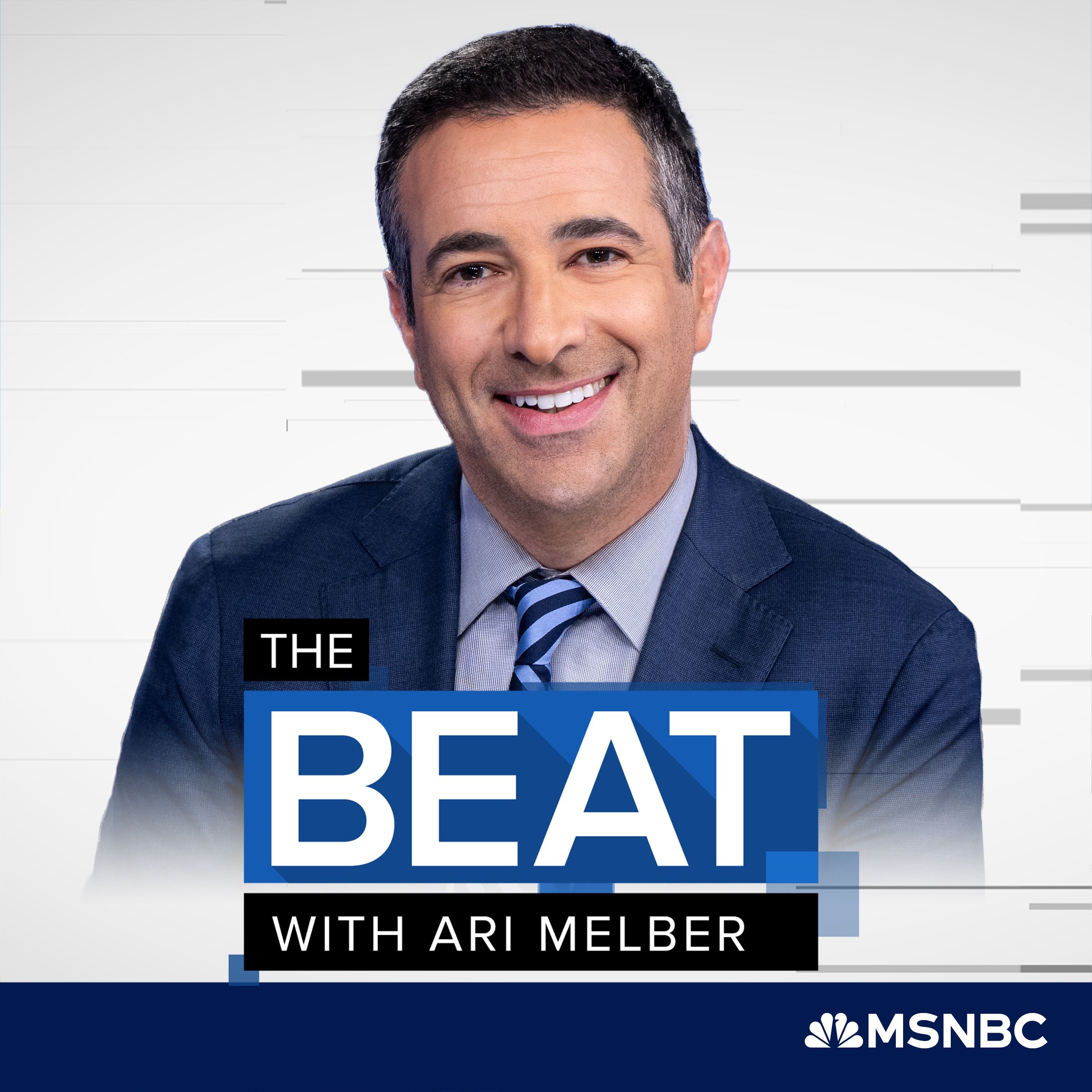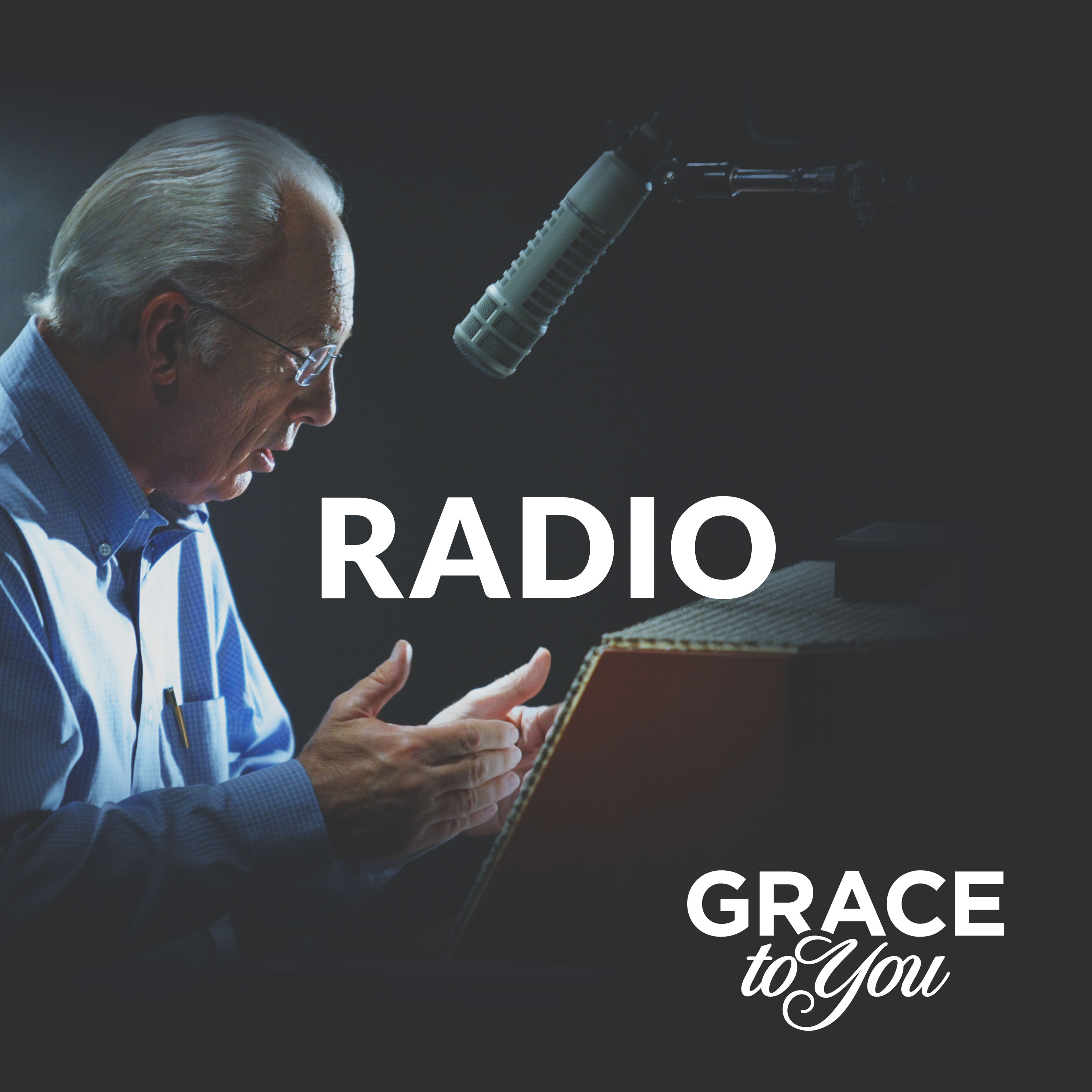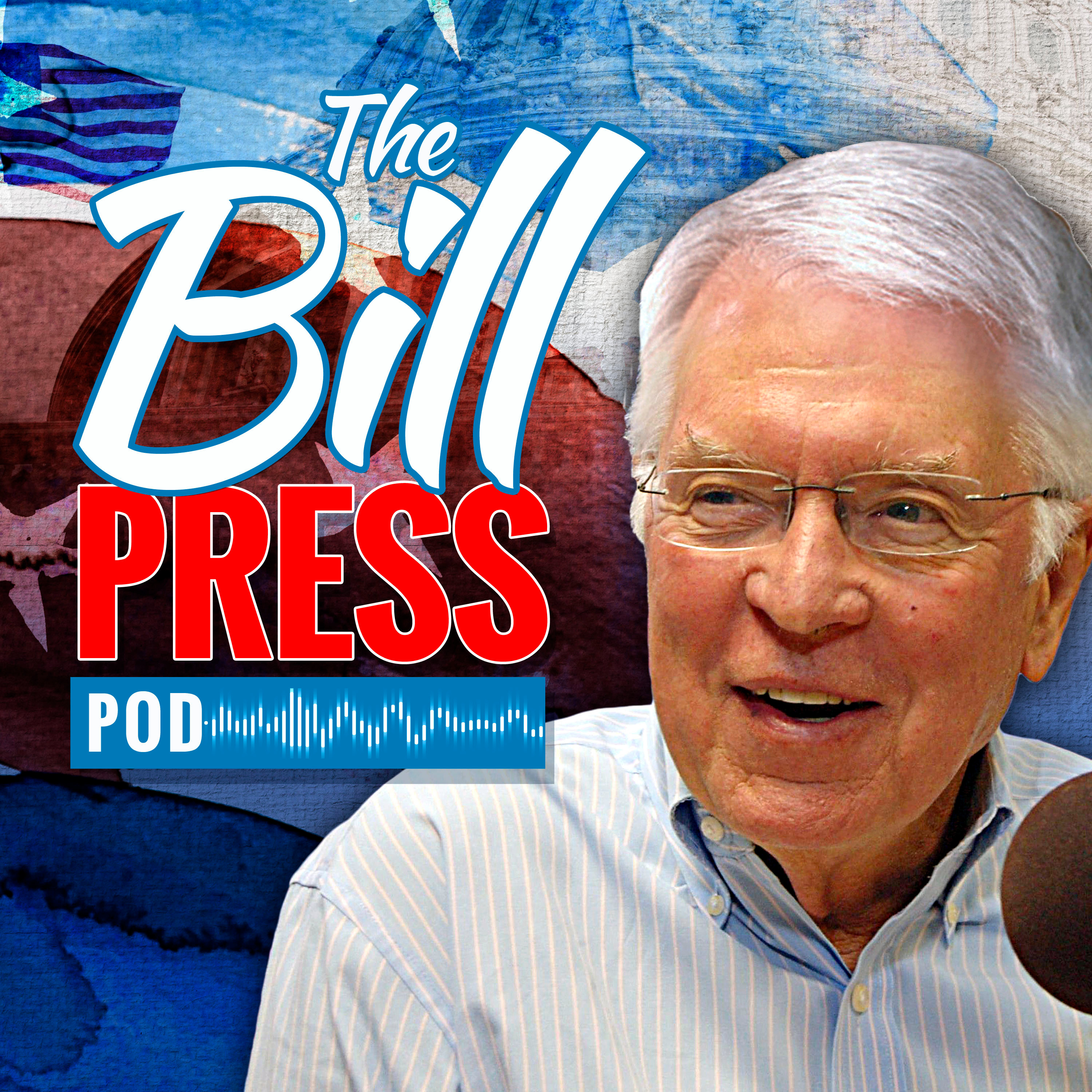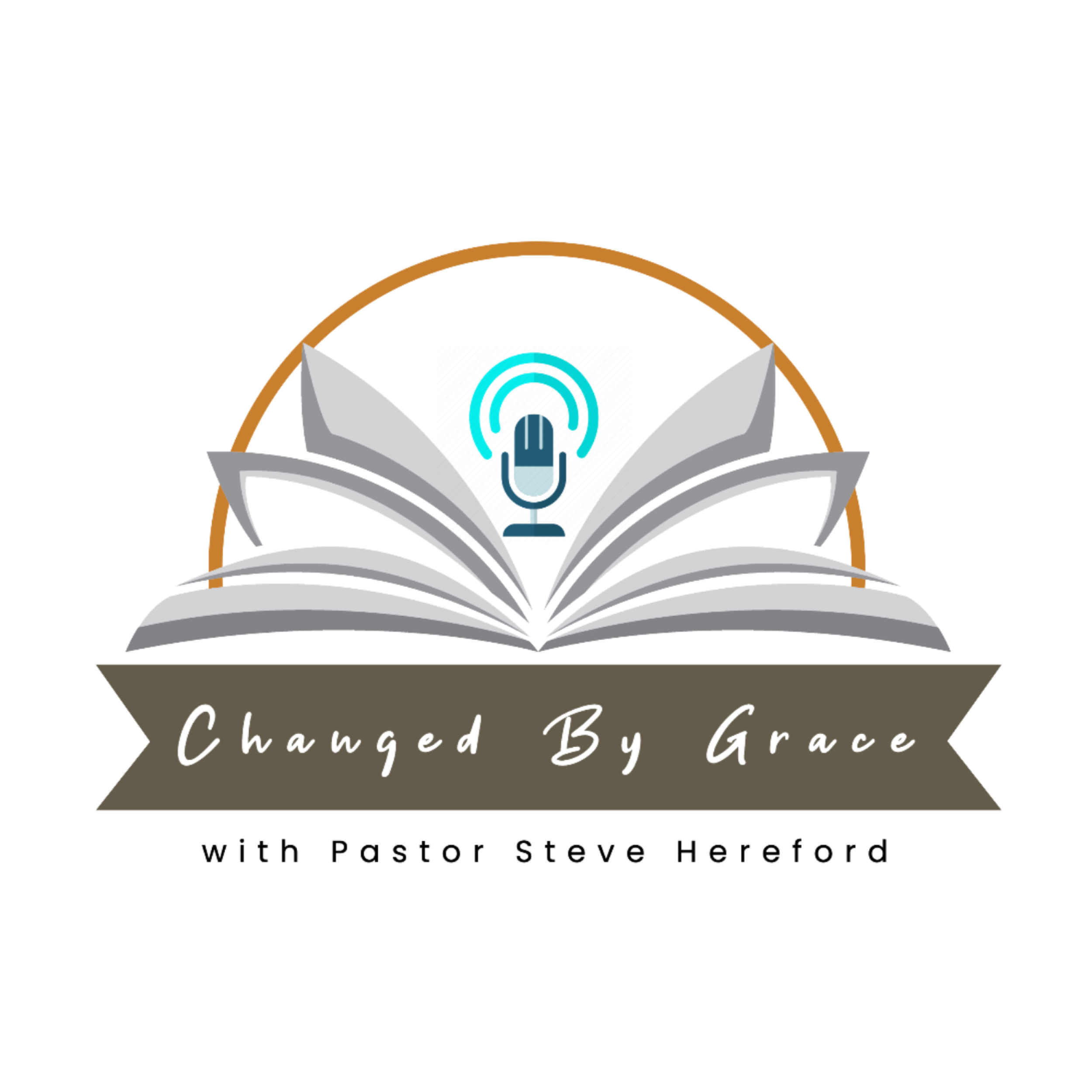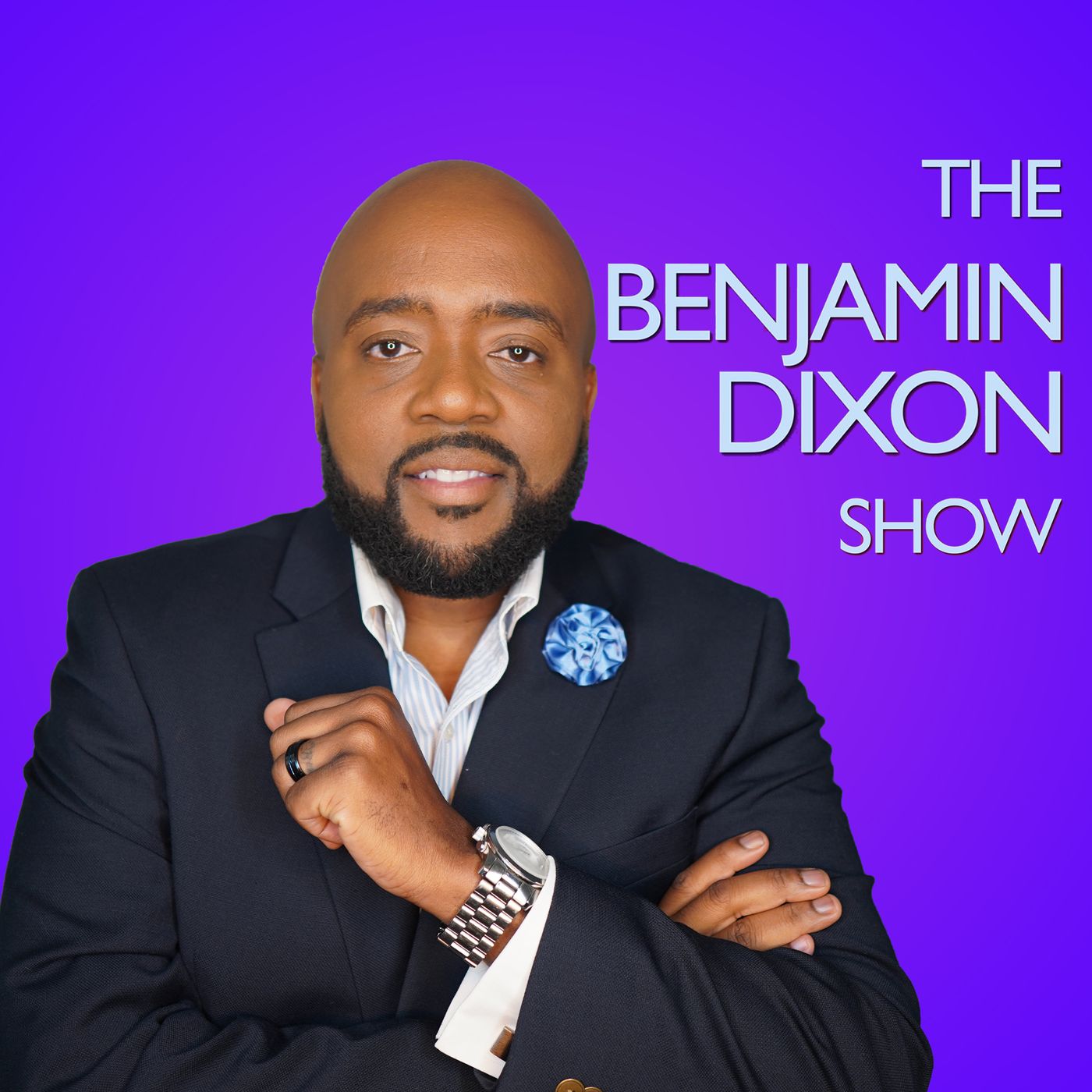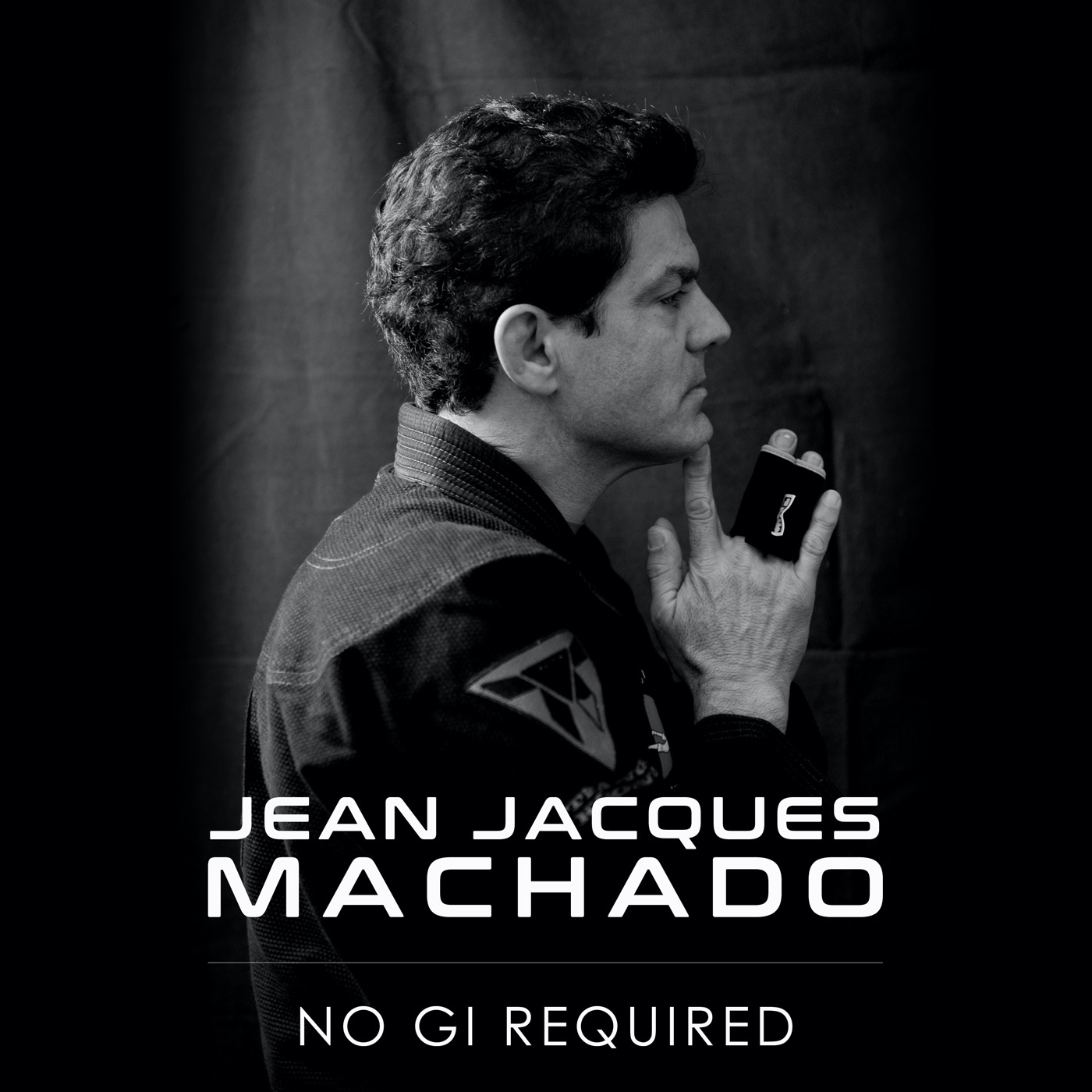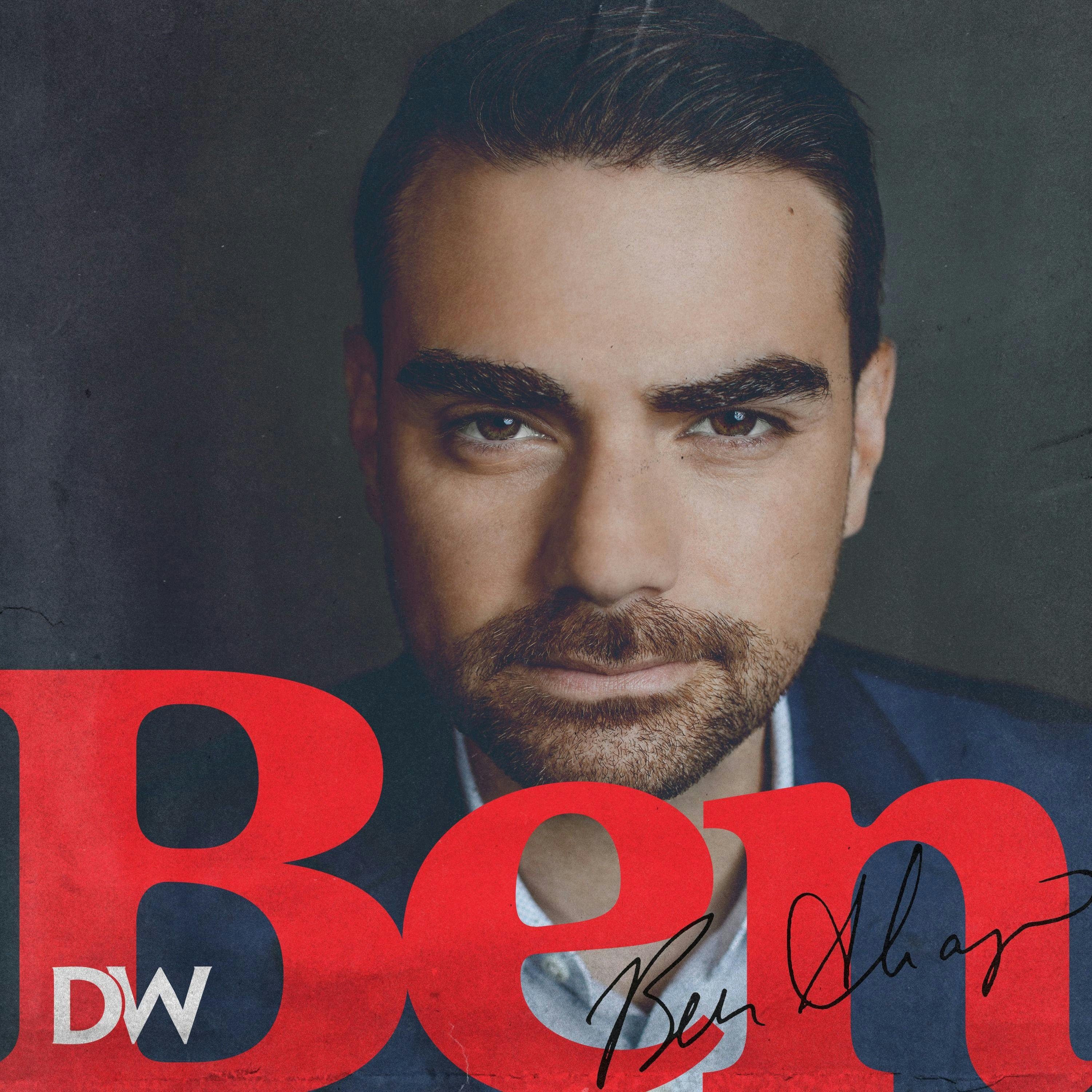
The Darrell McClain show
Independent media that won't reinforce tribalism. We have one Planet; nobody's leaving so let’s reason together!! Darrell McClain is a Military veteran with an abnormal interest in politics, economics, religion, philosophy, science, and literature. He's the author of Faith and the Ballot: A Christian's Guide to Voting, Unity, and Witness in Divided Times. He was born and raised in Jacksonville FL, and went to Edward H white High School,l where he wrestled under Coach Jermy Smith and The Late Brian Gilbert. He was a team wrestling captain, District champion, and an NHSCA All-American in freestyle Wrestling. He received a wrestling scholarship from Waldorf University in Forest City, Iowa. After a short period, he decided he no longer wanted to cut weight, effectively ending his college wrestling journey. Darrell McClain is an Ordained Pastor under the Universal Life Church and is still in good standing as well as a Minister for the American Marrige Ministries . He's a Believer in The Doctrines of Grace, Also Known as Calvinism. He joined the United States Navy in 2008 and was A Master at Arms (military police officer) He was awarded several awards while on active duty, including an expeditionary combat medal, a Global War on Terror medal, a National Defense Medal, a Korean Defense Medal, and multiple Navy achievement medals. While In the Navy, he was also the assistant wrestling coach at Robert E Lee High School. He's a Black Belt in Brazilian Jiu-Jitsu under 6th-degree black belt Gustavo Machado, Darrell Trains At Gustavo Machado Norfolk under the 4th-degree black belt, and Former Marine Professor Mark Sausser. He went to school for psychology at American Military University and for criminal justice at ECPI University.
The Darrell McClain show
America's Broken Promise: Why We Punish the Poor and Shield the Rich
The Inequality Paradox, how Americans Punish the Poor and Reward the Ultra-Rich. By Jerome McLean A Country Built on Broken Promises. When President Donald Trump recently dismissed tariff-induced price hikes by saying I don't think a beautiful baby girl needs $30, he offered more than just a casual remark. He opposed a profound misunderstanding, if not outright disregard, for the financial hardship faced by millions of American families. This isn't about Dawes. It's about the insidious way economic sacrifice is demanded for those with the least, while the ultra-wealthy continue to accumulate unimaginable fortunes untouched by austerity. For working-class families, rising prices don't mean buying fewer luxuries. They mean choosing between food, rent or medication. The president's statement epitomizes a national narrative that is both tone deaf, unjust, a myth that the poor can simply do with less, while billionaires are never asked to give more when tariffs hurt the poor, not the powerful. Tariffs and inflationary policies disproportionately burden a low middle-income household, four families already living on the edge. An increase in prices doesn't mean a shift from $30 to $4. It means no dollars at home. More importantly, it means fewer groceries, skipped medical appointments and mounting utility debt. Meanwhile, the wealthy, who consume a larger share of luxury goods and investment, are insulated. They benefit from price hikes, stock surges and tax codes designed to protect capital over labor. Policies intended to level the playing field often widen the gap instead, the luxury of sacrifice and economic disparity in practice. There's an irony in political leaders demanding frugality from people who live and have lives who have never been shaped by necessity. Trump's own children grew up surrounded by opulence. Their reality involved trust funds, private jets and elite schools, no food, insecurity or secondhand clothing. This disconnect is not unique to the Trump family. It's systemic. Those in power often speak of sacrifice, while living lives defined by excess, leaving millions of Americans to wonder why the responsibility always flows downward, never upward.
Speaker 1:Billionaire wealth the numbers that break the system. The disparity is not just visible, it's mathematical. Jeff Bezos reportedly earns over $1.27 million per hour. In that same hour, a fast food worker might earn $15. If they're lucky, bezos makes more in a day than most Americans will make in a lifetime. Elon Musk, mark Zuckerberg and other titans exist in a reality so divorced from the average citizen that it's almost impossible to grasp. While billionaires expand their empires, buy media outlets and launch rockets into space, basic survival remains a daily challenge for tens of millions.
Speaker 1:Yet the national conversation rarely calls the ultra-wealthy to contribute more Worker productivity versus wage stagnation. Since the 1970s, americans' workers' productivity has riven by 500%, yet wages have remained relatively stagnant when adjusted for inflation. That extra value didn't vanish, it was captured by executives and shareholders. This trend reveals an uncomfortable truth the system is rigged to reward those at the top, regardless of actual labor contribution, for a profit sore. Those who generate the wealth janitors, nurses, delivery drivers continue to struggle under the weight of systemic indifference.
Speaker 1:The silent majority paycheck to paycheck nation. Today, 62% of Americans live paycheck to paycheck. For these individuals, a flat tire or a medical bill isn't just an inconvenience, it's a crisis. The rise of gig work, contract jobs and stagnant minimum wages has created a workforce that is overworked, underpaid and perpetually on the edge. And yet public discourse continues to blame the poor for their poverty.
Speaker 1:Pundits speak of personal responsibility while ignoring decades of wage suppression, housing inequality and predatory lending, the military and the moral hypocrisy of patriotism. Few examples better illustrate the inequality paradox in the treatment of the US military personnel. Many service members enlist out of economic necessity. Upon return, they face broken promises, poor health care, limited job opportunities and underfunded benefits. Shockingly, many active duty troops qualify for food stamps. They fight wars for billions of dollars of defense contractors, only to come home to struggle to feed their families. If any group deserves security and dignity, shouldn't it be those who serve Yet? Yet they too are victims of a system that rewards wealth over sacrifice.
Speaker 1:The yachts, the yons, the billionaires, the excesses, the public indifference it's hard to grasp the magnitude of modern wealth. Some billionaires own multiple mega yachts, each costing upward of $400 million to operate. Others maintain dozens of luxury properties worldwide. In contrast, nearly 600,000 Americans are homeless on any given night. But instead of confronting this disparity, our media culture glorifies excess. We celebrate wealth by demonizing welfare. The result is a moral inversion. Extravagance is aspirational. Need is shameful. Asking the right question about sacrifice, why is it always the poor and the working class who are asked to tighten their belts? Why are the billionaires not subject to the same expectations of sacrifice?
Speaker 1:The inequality paradox lies not just in economics but in ethics. If a struggling single mother is expected to cut back on groceries, shouldn't a billionaire be expected to contribute more than a token donation? Why are we told to reduce the public programs while the ultra-wealthy enjoy tax loopholes, offshore accounts and private lobbying access? True economic justice begins by asking the right people the hard questions and holding them accountable when they do not have the answers? Policy Solutions for Economic Justice.
Speaker 1:Solving the inequality crisis doesn't require punishment. It requires redistribution of opportunity and reward. Some of the most promising approaches include progressive taxation, the system where the ultra wealthy pay proportional taxes on income, capital gains and inherent wealth. Wealth tax applied to billionaires whose fortunes have ballooned due to the stock market. Speculation, not labor. Universal banking services. Health care, education and housing should be human rights, not commodities. Wage productivity linking, mandating that wages rise in tandem with worker productivity, ensuring workers share value in what they create. They aren't radical ideas. They're necessary correctives to a broken system.
Speaker 1:Cultural shifts changing what we value. Beyond policy, we need a cultural reckoning. We must reject the myth that wealth is synonymous with virtue. We must elevate dignity, community compassion as markers of success, not just profit margins and stock portfolios. Imagine a country where success is defined by how well we treat each other, not how much we accumulate. Politicians proudly propose policies that uplift the working class, not pander to the wealthy Media celebrates acts of community care instead of luxury spending. The future is possible, but only if we change the narratives.
Speaker 1:Conclusion A call for balance, not austerity. We can no longer afford the delusion that economic justice is about asking the poor to give more. The real injustice is in how we protect the ultra-wealthy from the responsibility of citizenship while demanding more from those with nothing left to. America's greatest greatness won't be measured by the number of billionaires it produces, but by how it treats its most vulnerable. If we want a sustainable, dignified future, we must stop demanding less from the working poor and start expecting more from those who have benefited the most. We must rewrite the social construct with not austerity, but with equity, empathy and economic truth. Subscribe to the Darrell McLean Substack. You have been listening to the article on Substack slash, the Darrell McLean show that is titled the Inequality Paradox how America Punishes the Poor Every War's the Ultra-Rich. Written June 14, 2025.







